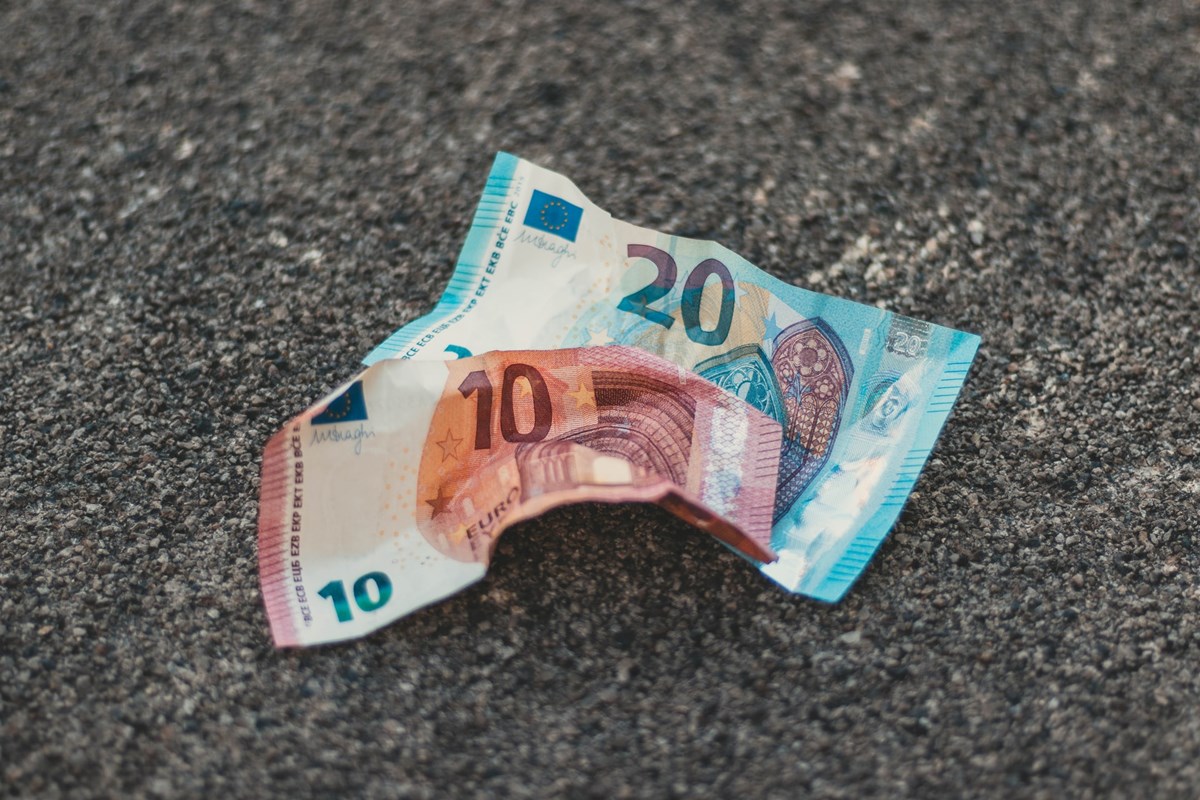The French president Emmanuel Macron recently fired a warning shot across the bow of the European ship of state. He said that without making all EU countries mutually responsible for the debts of individual countries, the EU could collapse.
In March, Christine Lagarde asked Eurozone finance ministers to consider a one-off joint debt issuance of “corona bonds” to assist with the coronavirus pandemic. But this has been met with opposition by Germany and other northern European countries since they do not want to be responsible for the debts of other more spendthrift nations of the EU.
Before the crisis, Italy had a 135 percent debt-to-GDP ratio. Despite having more than a decade after the crisis of 2008 to reduce its debt, Italy has consistently postponed dealing with the problem. Without pain or serious voter revolt, politicians will never take debt seriously and their countries will inevitably fail to reduce their debt.
This is also true of the US, France, Japan, or even the UK. If a central bank can increase the supply of loanable funds at will, interest rates can be kept artificially low for a very long time. Even before this coronavirus crisis, the ECB was buying up massive amounts of “quality” debt in the form of sovereign and corporate bonds. This lowering of the yield curves across Europe also lowered borrowing costs for countries like Italy. Without higher borrowing costs, there is no pain and thus no incentive to do anything about the debt.
The ECB actions were essentially pain killers for spendthrift nations like Italy, and do not deal with the underlying cancer of high debt levels. The ECB’s current policy to do whatever it takes, including massive purchases of Italian bonds, shows it has no concern preventing cancer from spreading, delaying the inevitable.
Why are Germany and others so worried about mutualizing their debt? Every Euro the ECB prints is a tax on cash balances. It is a tax on every person in the Eurozone. By monetizing Italian debt, the ECB is forcing every German citizen, or any person using the Euro, to pay for Italian profligate spending. The German government is obviously more concerned about its bondholders than its citizens; otherwise, they would have vehemently opposed current ECB printing of bogus money.
Excessive debt is not just an Italian problem. France has a debt-to-GDP ratio of 98 percent but has already indicated that this will increase to 115 percent after promising Christmas presents in April. Of course, with the world economy slipping into recession, or possibly depression, a ratio of 150 percent is probably a more realistic number. This is even worse for Spain or Italy. Without a mutualization of debts, another Greece-like situation is a certainty.
Macron’s concerns are perfectly justified.
Like any obese person who sets weight goals for his diet, European countries have quickly forgotten the 60 percent debt-to-GDP target set in the Stability and Growth Pact. Europe was already a dead man walking. The coronavirus crisis has simply exposed Europe’s underlying dysfunctional economic policies.
The clock is ticking on the continuing existence of the EU. European nations will soon have the bleak choice of either ending the Euro or being permanently stuck as a group in a low growth rising inflation environment.
A mutualization of debts means higher German interest rates. If Germany and other northern European countries hold to their positions, a sovereign debt crisis will probably lead to the end of the euro, and a return to national currencies. This would obviously be a shock to the world economy, but not necessarily a disaster. We have many examples of countries switching currencies without disastrous consequences. The US went from the continental back to gold and silver. Germany went from the Reichsmark to the Rentenmark in 1923, and the French went from the Assignats to the gold franc following the hyperinflation of 1790-1797.
Would the end of the Euro mean the end of the EU? It is hard to envision seeing large expensive EU institutions surviving the coming economic upheaval. Yet, nothing stops countries from returning to the original costless intent of the EU which is the free movement of people, goods, and capital between member nations. The end of the EU as a super-state with its myriad of regulations may not necessarily be a bad thing.
The coronavirus pandemic did not cause the cascade of economic events to come. The pandemic may be of short duration, but the economic ramifications of the lockdown policy will last far longer. Europe may be the first domino to fall, but others will surely follow. Japan’s current debt-to-GDP ratio is over 200 percent but is set to become much larger. The Japanese government still believes in the Keynesian monetarist nonsense that the solution to any economic problem is to print and spend more money.
Historians will look back on this period as one of the follies of allowing governments to control the money supply. As the adage goes, absolute power corrupts absolutely. In the past, kings and emperors debased their currencies in an ever-larger grab for power. Thus, nothing has changed. The late Roman empire primarily ceased to exist for this reason. We must return to sound money and divorce the government from any control over the money supply.
We currently have a plethora of economists in central banks and government-financed institutions, like the IMF, advising governments to print and spend more money as though taking from Peter to pay Paul or legal counterfeiting makes any economic sense.
We desperately need a return to sound economic judgment which can only come from a study of the logic and rationality in the works of the Spanish scholastics, or those of the French classical economists such as Cantillon, Say, or Bastiat—or more recently, those of Ludwig von Mises and other Austrian economists.

